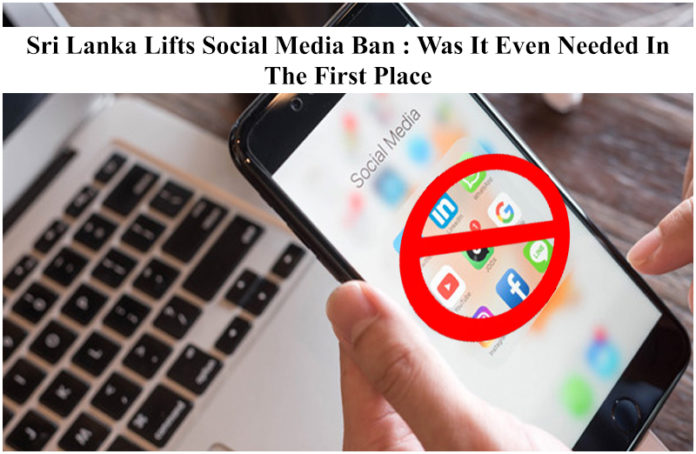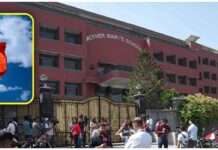In some past day Sri Lanka was rocked and left devastated following series of bombing. It was later believed to be the handiwork of NTJ is a radical Muslim outfit. The series of blast left ripped across luxurious hotels and churches holding Easter services in Sri Lanka , killing at least 156 people including 35 foreigners and injuring 400 citizens. The church’s roof was blown out due to impact of the explosion, with roof tiles and splintered wood strew the floor and pools of blood in between wounded worshipers.
Condolence message from various countries poured in, heads of various nationstrongly condemn the cowardly and diabolic act. The violence disrupted the peace in the country since culmination of civil war in 2009, when attacks were common affair during decade long struggle. The attack was not just on citizens of Sri Lanka but was attack on the mufti-ethnicity and muti-culture of the country.
It has been witnessed that following such ghastly attacks a lot of false information is also disseminated. Social media platforms play the role of catalyst in spreading false notion. Moreover, people share explicit content on these social media website which can cause mental agony to the viewer. The ban was imposed to quickly following attack on three churches and three hotels. It may spark global concern about the role that American-owned networks in spreading hate speech and inciting communal violence. The news on Social Media spreads like a wild fire which is tough to contain, it may be true or a mere farce but once netizen’s read it they believe it. Under such circumstances the defence and administrative sectors calls for a ban on social media platforms.
People from certain part of society however defended the decision as it precluded people from spreading false propaganda and spiteful content.
The devastating consequences may give rise to unfounded panic, spreading of rumours and potentially cause even further violence. In order to prevent such a scenario the government called for a ban on social media. Sri Lanka isn’t the first country to curb social media in an attempt to squash unrest. It joins the likes of the Democratic Republic of Congo, Iran and Turkey. But, bans like this evokes the question of whether it’s ethical to restrict all online content in an attempt to hinder extremists and misinformation.






















